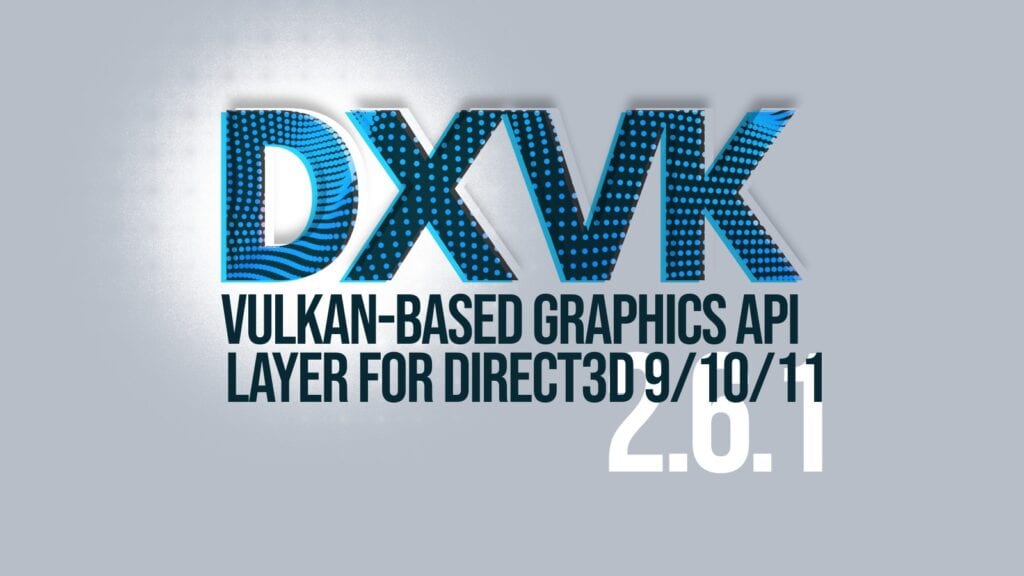Less than a month after its previous 2.6 release, DXVK, a Vulkan-based translation layer for Direct3D 9, 10, and 11, primarily used to improve the performance and compatibility of Windows games on Linux through Wine or Proton, just released its latest update, v2.6.1.
One particularly noteworthy change involves the removal of sparse buffer usage introduced in 2.6, which had caused driver instability and occasional system hangs on AMD Vega GPUs.
Although reverting this feature may lead to a slight increase in peak memory usage for certain games, it should restore stability for many players.
Furthermore, the developers addressed a rendering bug related to RTSS overlays, ensuring that the Vulkan swapchain now cooperates nicely with sRGB formats.
To enhance compatibility even more, they also introduced a fix for multisample resolve issues on Nvidia systems running Unity Engine games, preventing the visual artifacts that some users may have encountered.
In addition, DXVK 2.6.1 packs several helpful workarounds for Intel ANV and RADV driver problems. For instance, terrain misrendering in titles like Assassin’s Creed Origins has been resolved—though the developers remind users to keep their drivers up to date, especially if they use RDNA4 GPUs.
Support for tiling GPUs has also been strengthened, which should boost render pass efficiency in specific scenarios without significantly impacting desktop GPUs.
Beyond the driver-focused tweaks, this update fixes atypical display mode handling, increases compatibility with MSVC builds on older CPUs, and resolves minor Vulkan validation issues.
Lastly, it also introduces targeted performance improvements for games like Hitman 2—mitigating CPU-bound slowdowns—while tackling severe UI performance issues in LEGO Batman and LEGO Indiana Jones. Even Need For Speed: Most Wanted (2005) on Windows benefits from a crash workaround.
For more information, see the changelog.
